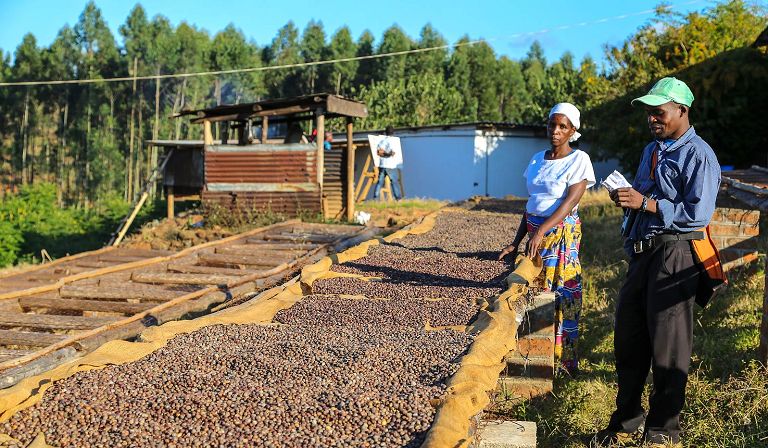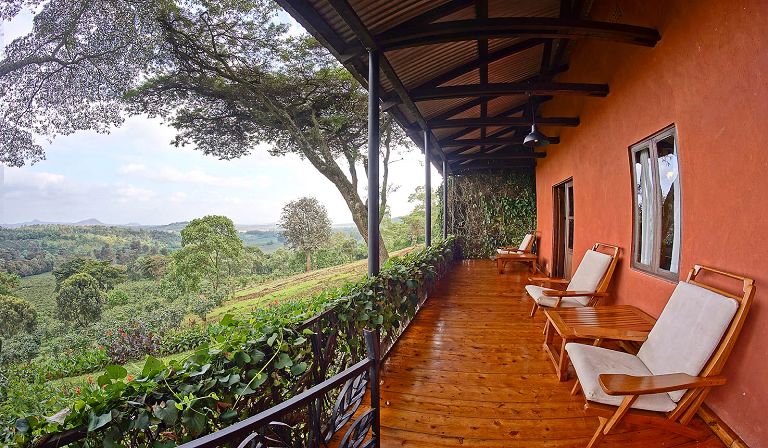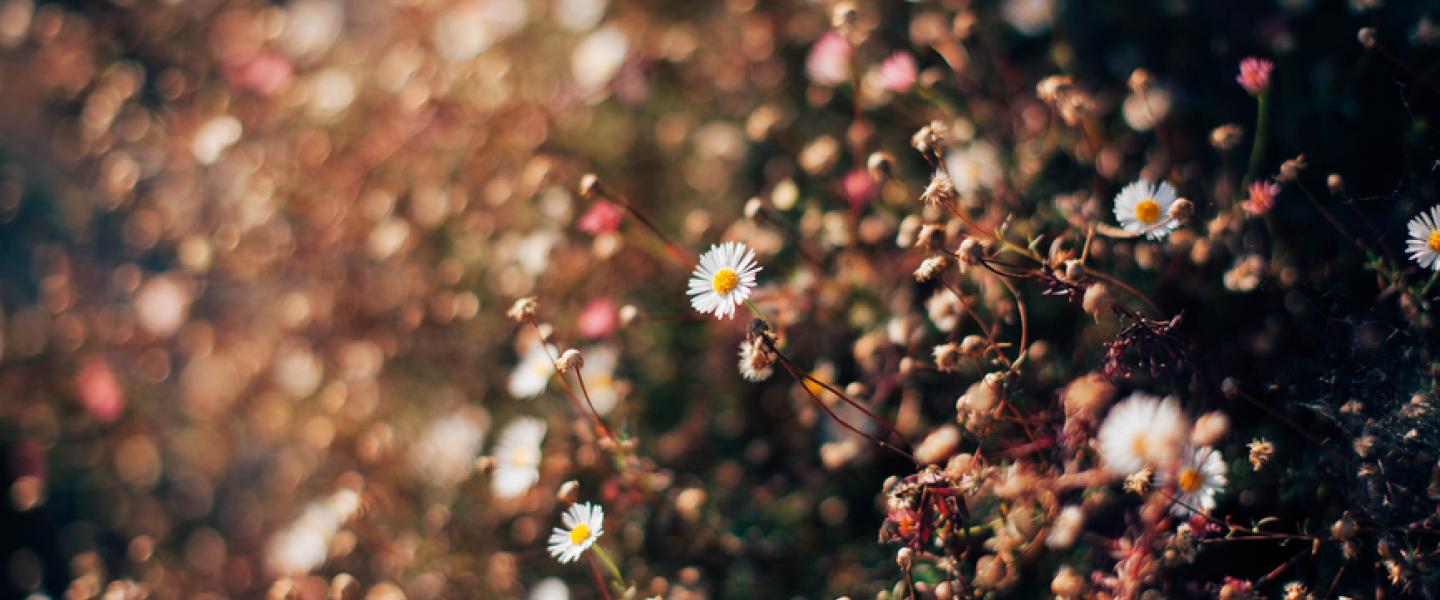Mutton Biryani Bucket
Can I Take Allergy Medication If I'm Pregnant?
If you plan to get pregnant or you’re already expecting, talk to your doctor about all the medicines you take, including those that don’t need a prescription. Many allergy drugs may be fine to keep taking during pregnancy, but have the discussion so you can have peace of mind.



















